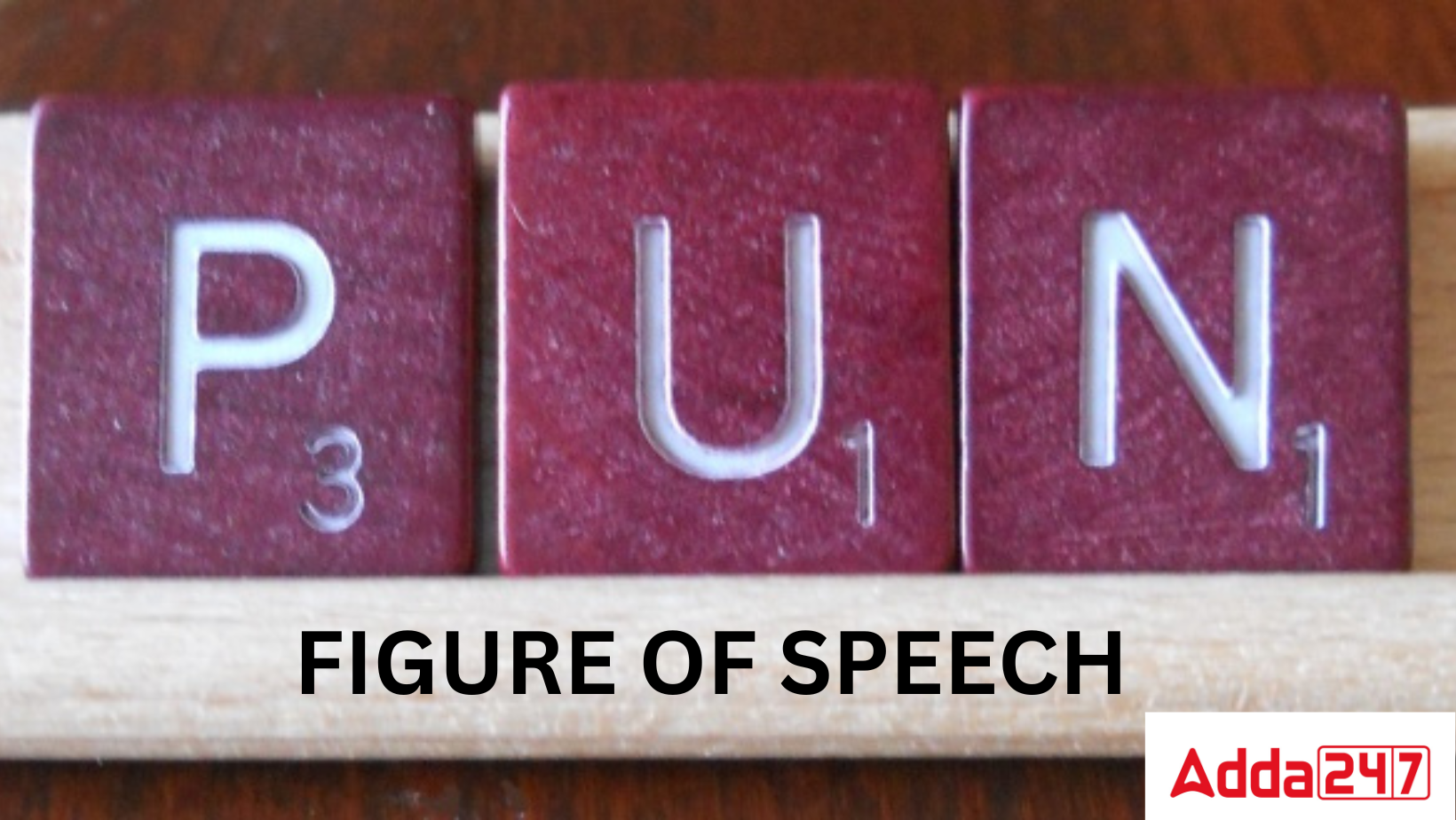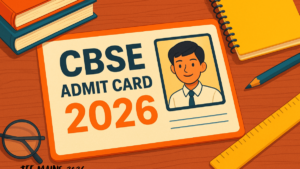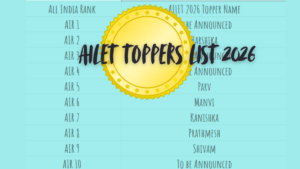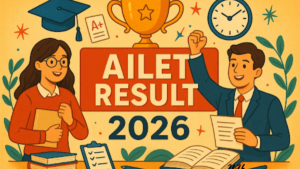Pun Meaning
Pun- A boiled egg each morning is difficult to beat. This is an illustration of a pun, which is a clever wordplay used for comedic effect. Puns can be used for a variety of purposes in literature and ordinary speech, such as to create a funny or rhetorical impact in a piece of work or to break the ice at a party. Bad puns in particular can make people groan in the same way that dad jokes do.
Pun Definition and Meaning
A pun is a figure of speech that uses a play on words with several meanings or phrases that are similar in sound. Puns are generally regarded as being the most engaging and entertaining figures of speech. To make amusing puns, all one needs is a creative mind and a little wit.
Now consider how different dictionaries define the word “pun.” “Pun” is defined by the Oxford Learner’s Dictionary as “the clever or humorous use of a word that has more than one meaning, or of words that have different meanings but sound the same,” and by the Oxford Dictionary of Literary Terms as “an expression that achieves emphasis or humour by contriving an ambiguity, two distinct meanings being suggested either by the same word or by two similar-sounding words.” The word “paronomasia” is also listed in the dictionary as a synonym for “pun.”
According to the Cambridge Dictionary, a pun is “a humorous use of a word or phrase that has several meanings or that sounds like another word,” and the Merriam-Webster Dictionary describes a pun as “the usually humorous use of a word in such a way as to suggest two or more of its meanings or the meaning of another word similar in sound.”
Pun Examples for Students
Pun Example 1
The following example from the movie, ‘Winnie the Pooh’ plays with the words knot and not.
Rabbit : Good grief! Tie them together, Piglet! Can you tie a knot?
Piglet : I cannot.
Rabbit : Ah, so you CAN knot.
Piglet : No. I cannot knot.
Pun Example 2
King Candy, in the movie, ‘Wreck It Ralph’ is seen chased by Ralph in a scene. He puts on a pair of glasses and expects that Ralph would not hit a guy with glasses, but Ralph, on the other hand, used the glasses to hit him. The word ‘glasses’ here refers to a pair of spectacles.
King Candy: “You wouldn’t hit a guy with glasses, would you?
Oh…you hit a guy, with glasses. Well played.”
Pun Example 3
In the movie, ‘Zootopia’, when all the police officers of Zootopia(animals) gather in a room to discuss the affairs to be taken care of, Chief Bogo (the bull) enters the room saying that he has three items on the docket to be discussed. He starts the meeting saying, “First, we need to acknowledge the elephant in the room” and then after a short pause, says, “Francine” and then “Happy birthday!”
The moment Chief Bogo says this and utters the name, everyone turns to him in shock and the moment he wishes the elephant ‘Happy birthday’, everyone starts to cheer and wish her.
This is a wonderful example of pun as the phrase, ‘elephant in the room’ means a major problem or something that is controversial and for which any sort of discussion is normally avoided. The only thing to be noted here is that the usage of ‘elephant in the room’ is done in the literal sense and does not imply the phrasal meaning.
Pun Example 4
Zazu: “Well the buzz from the bees is that the leopards are in a bit of a spot. And the baboons are going ape over this. Of course, the giraffes are acting like they’re above it all… The tick birds are pecking on the elephants. I told the elephants to forget it, but they can’t. The cheetahs are hard up, but I always say, cheetahs never prosper.”
The above example is from the movie, ‘The Lion King’. Zazu, the red-billed hornbill is the royal advisor of the Pride Lands kingdom. In this scene, Zazu is seen giving the morning report to Mufasa, the Lion King. This dialogue by Zazu is a clever example of a pun. The word, ‘buzz’ is associated with the sound of bees and also means an activity that creates an atmosphere of activity or excitement. It also means gossip.
Pun Examples in Literature
Pun Example 1
In Act III Scene 1 of ‘Romeo and Juliet’, William Shakespeare gives an example of a pun intended in the following lines.
Mercutio: “No, ’tis not so deep as a well nor so wide as a church-door, but ’tis enough, ’twill serve. Ask for me tomorrow, and you shall find me a grave man.”
The use of the word ‘grave’ helps give the effect as the word can either act as an adjective meaning serious and sober or as a noun meaning a tomb. However, here, Mercutio means to say that he would be dead and in the grave because of the wounds.
Pun Example 2
“‘Mine is a long and a sad tale!’ said the Mouse, turning to Alice, and sighing. ‘It is a long tail, certainly,’ said Alice, looking down with wonder at the Mouse’s tail; ‘but why do you call it sad?’ And she kept on puzzling about it while the Mouse was speaking.”
The above lines are from the novel, ‘Alice’s Adventures in Wonderland’ by Lewis Carroll. The pun intended here is with the use of the homophone pair – ‘tale’ and ‘tail’.
Pun Example 3
Oscar Wilde’s play, “The Importance of Being Earnest’ has multiple occurrences of pun. The use of the word ‘earnest’ and the character’s name, ‘Ernest’ induces the effect of pun to a great extent. Jack, who is neither earnest nor Ernest, becomes both by the end of the play.
Pun Meaning- FAQs
Que. What is the use of wordplay?
Ans. Most often, wordplay is used to create a sense of amusement or entertainment for the reader.
Que. What does Punney mean?
Ans. Punney is an adjective.
Que. How do poets play with words?
Ans. Wordplay is a poetic device in which the words are used in the poem specifically as main subject of the poem itself, primarily for amusement or the intended effect of the words themselves.
Que. What is a pun?
Ans. A pun is a figure of speech that includes a play of words that have more than one meaning or those that sound alike.
Que. Give some examples of pun.
Ans. Example: King Candy, in the movie, ‘Wreck It Ralph’ is seen chased by Ralph in a scene. He puts on a pair of glasses and expects that Ralph would not hit a guy with glasses, but Ralph, on the other hand, used the glasses to hit him. The word ‘glasses’ here refers to a pair of spectacles.
King Candy: “You wouldn’t hit a guy with glasses, would you?
Oh…you hit a guy, with glasses. Well played.”









 CBSE Admit Card 2026 for Private & R...
CBSE Admit Card 2026 for Private & R...
 AILET 2026 AIR 1: Check Full Toppers Lis...
AILET 2026 AIR 1: Check Full Toppers Lis...
 AILET Result 2026 OUT, How to Download S...
AILET Result 2026 OUT, How to Download S...














